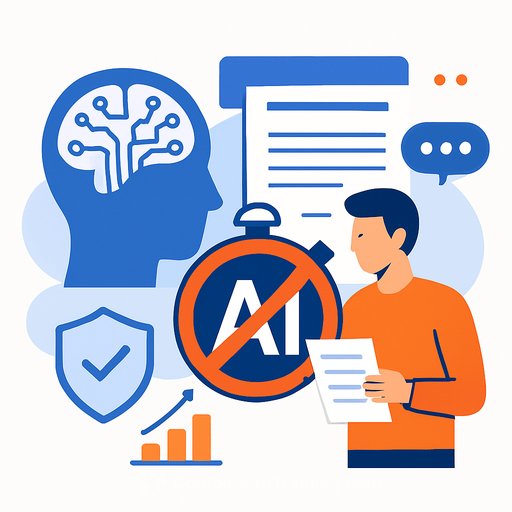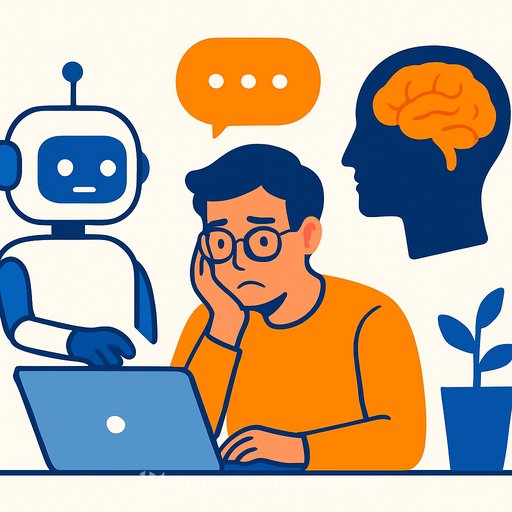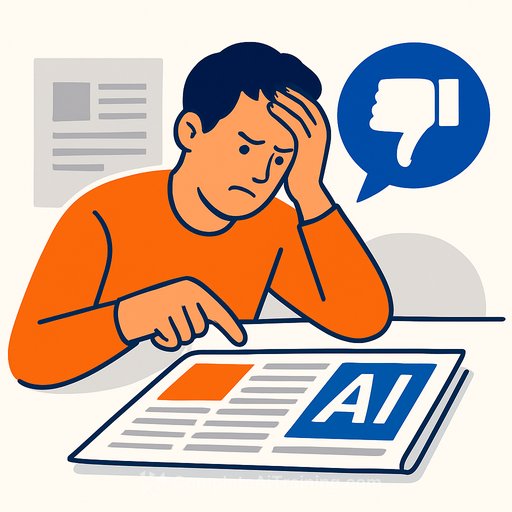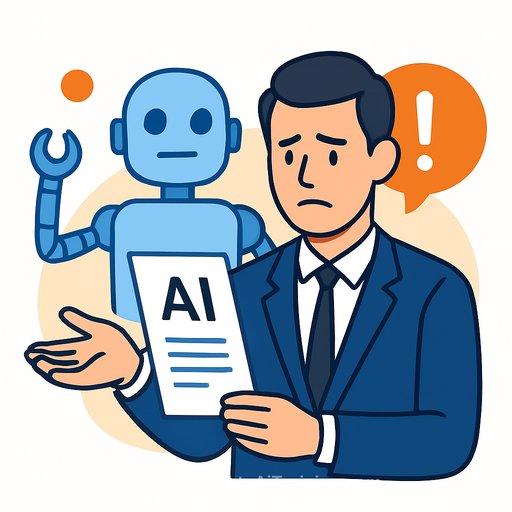Author takes on AI: What Andrea Bartz's lawsuit means for working writers
When New York-based, Queer thriller writer Andrea Bartz learned her book had been scraped to train AI large language models, she didn't shrug. She sued. Alongside two other authors, she filed a class action. In a landmark settlement, Anthropic agreed to pay $2.28 billion to five hundred thousand authors-the largest payout in U.S. copyright history.
This isn't just a headline. It's a signal. If your work feeds AI systems, there's now precedent that it has value-and that value is negotiable, enforceable, and payable.
What this settlement means for your catalog
Two numbers matter: $2.28 billion across ~500,000 authors averages around $4,560 per author. Actual payouts will vary, but the message is clear: training data isn't free. Contracts, audit trails, and licensing terms will start to matter more than vibes and "publicly available" excuses.
Expect more claims processes, more licensing deals, and more pressure on publishers to clarify what they allow with your rights. If you've ever thought "does my backlist still have leverage?"-yes, it does.
If you suspect your work was used, do this now
- List every published work with ISBNs, publication dates, and formats (ebook, audiobook, print). Keep this in one document.
- Register works you haven't yet registered with the U.S. Copyright Office. It strengthens your position in disputes and settlements. Register here.
- Save proofs of authorship and publication (contracts, emails, dated drafts, screenshots of product pages).
- Set up alerts for your name, series titles, and unique lines/phrases. Track weird summaries or outputs that mirror your work.
- Watch for official claims portals tied to new settlements. File early and follow the documentation checklist.
Lock down your rights (and your contracts)
- Ask your publisher-explicitly-whether they license any rights for AI training. Get a written answer.
- Add or request clauses that prohibit training use without your consent and compensation. If your contract is old, seek an addendum.
- For indie authors, set clear licensing terms on your site and distribution platforms. Make "no AI training" unambiguous.
- Limit full-text samples posted publicly. Offer excerpts, not entire works, unless there's a clear benefit.
Organize for leverage
You're stronger with a coalition. Industry groups are building frameworks, model policies, and legal playbooks as this moves fast. Plug in where it counts and stay informed.
- Follow advocacy updates from groups like the Authors Guild: AI and authors' rights.
- Coordinate with your agent, publisher, or author co-ops for unified positions on AI licensing.
Practical guardrails for your publishing workflow
- Metadata hygiene: consistent author name, series info, and copyright notices across all platforms.
- Central rights tracker: where each work is sold, formats licensed, and any opt-ins/opt-outs you've agreed to.
- Release strategy: use gated previews for new titles, and avoid uploading full text to low-value sites.
- Proof vault: keep time-stamped drafts and final files in cloud storage with version history.
Using AI without giving away the store
You can leverage AI for brainstorming, summaries, or marketing while protecting your IP. Keep private tools for private content. Don't paste unpublished chapters into third-party systems unless your terms are crystal clear and you're comfortable with the risk.
If you're testing AI for workflow (outlines, blurbs, ad copy), focus on tools and skills that save time without exposing your manuscript. Here's a curated list of tools writers actually use: AI tools for copywriting.
The bottom line
Andrea Bartz stood up and won big-for herself and for half a million authors. The takeaway for working writers is simple: treat your IP like an asset, keep clean records, and make your terms obvious. The money follows the paperwork.
Your stories built these systems. Make sure they pay rent.
Your membership also unlocks:





